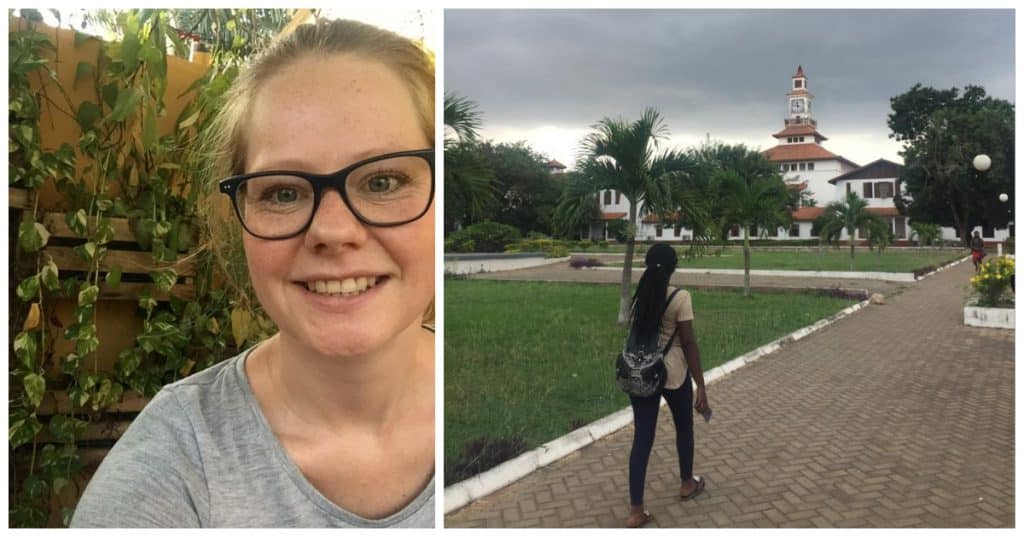FMS researcher Anne is in Ghana to talk about migration. Why do people want to migrate? How do they see their future? And what policy could be implemented to prevent irregular migration? Read her newest story here!
When talking about migration to people here in Ghana, education has always come up as one of the key issues in relation to this topic. Better education will provide better job opportunities to the youth and consequently reduce the number of potential migrants, is the line of reasoning.
New prospects after the elections
In general, Ghana scores quite high with regard to education, especially compared to many other African countries. But, there is always room for improvement. In 2016, Nana Akufo-Addo won the presidential elections. One promise by his government was 'free Secondary High School' (free SHS). In September last year, a policy was launched focusing on four pillars: the removal of cost barriers, expansion of infrastructure, improvement in quality and equity, and development of employable skills (see free SHS website for more).
However, last week there was some controversy on the issue. Newspapers mentioned, on their front page, a statement by the Director of the Revenue Policy Division at the Ministry of Finance: "No TIN (Tax Identification Number), no free SHS". The Minister of Education was quick with contradicting this message claiming that "it is a complete falsehood". He added: "As the Minister of Education, I cannot sit in this chamber while for palpable falsity to be spewed, where in this budget it is stated that if you don't have a TIN you cannot benefit from free SHS, you cannot make your own policy and announce on behalf of free SHS."
So the debate continues, although the President is still in favour of the free SHS policy. When visiting a school on Friday he emphasised that the policy is working: "So the purpose of free SHS, i.e., broadening access bringing more and more people, you are the clear evidence that it is working. I am very happy about it."
Exchange of knowledge
This week I visited the University of Ghana for the first time. It has a beautiful campus in Legon, Accra, which even showed during the many rain showers on the day I was there. During the day I didn't talk much about education. We talked about how migration is used to alleviate problems, the distrust in governance in Ghana and how to empower youth to be part of policy processes.
When I visited the EU delegation to Ghana later this week, we talked about the importance of the Erasmus+ programme, a programme for university students and staff. This programme is really popular, and many Ghanaians see it as a good way to get new knowledge they can use in their own country and to have the opportunity to travel for a bit. Because like their European counterparts, many Ghanaian students are curious about other countries and cultures.
My time in Ghana is almost up. I'm getting ready for my last week. Like many issues, migration is complex. Reducing irregular migration is also complex and therefore a single solution will not exist. So yes, education is definitely important, not only to potentially reduce migration, but mainly because every country needs it. Migration, as many have claimed, should be a choice, it should not be done out of necessity. That's something I'll further discuss during meetings in my final week in Accra.





